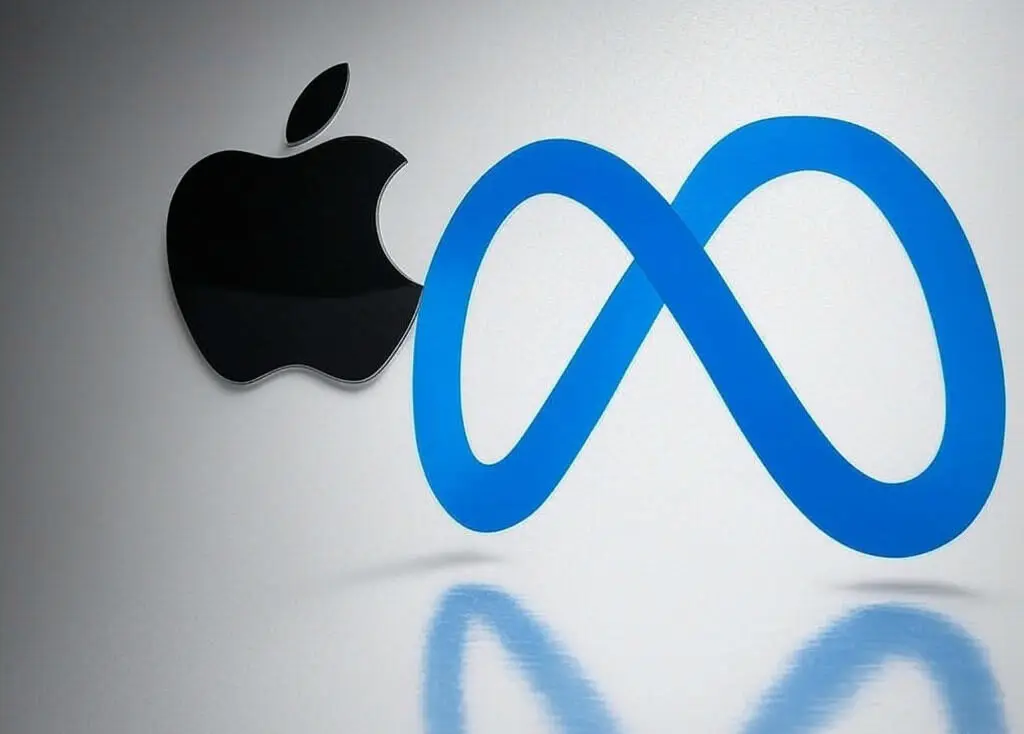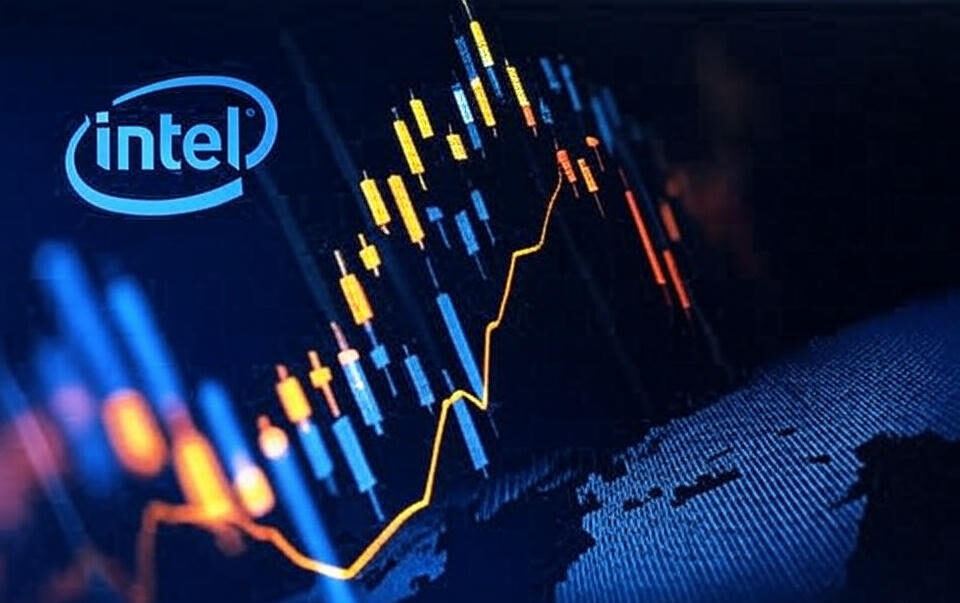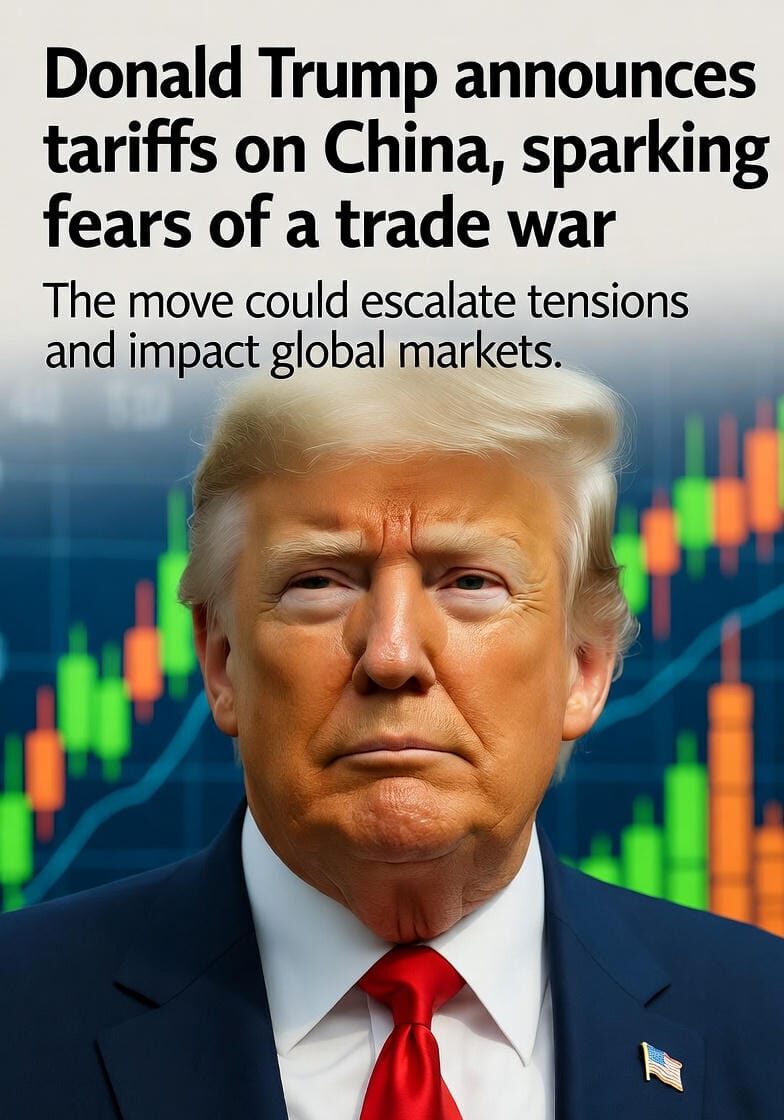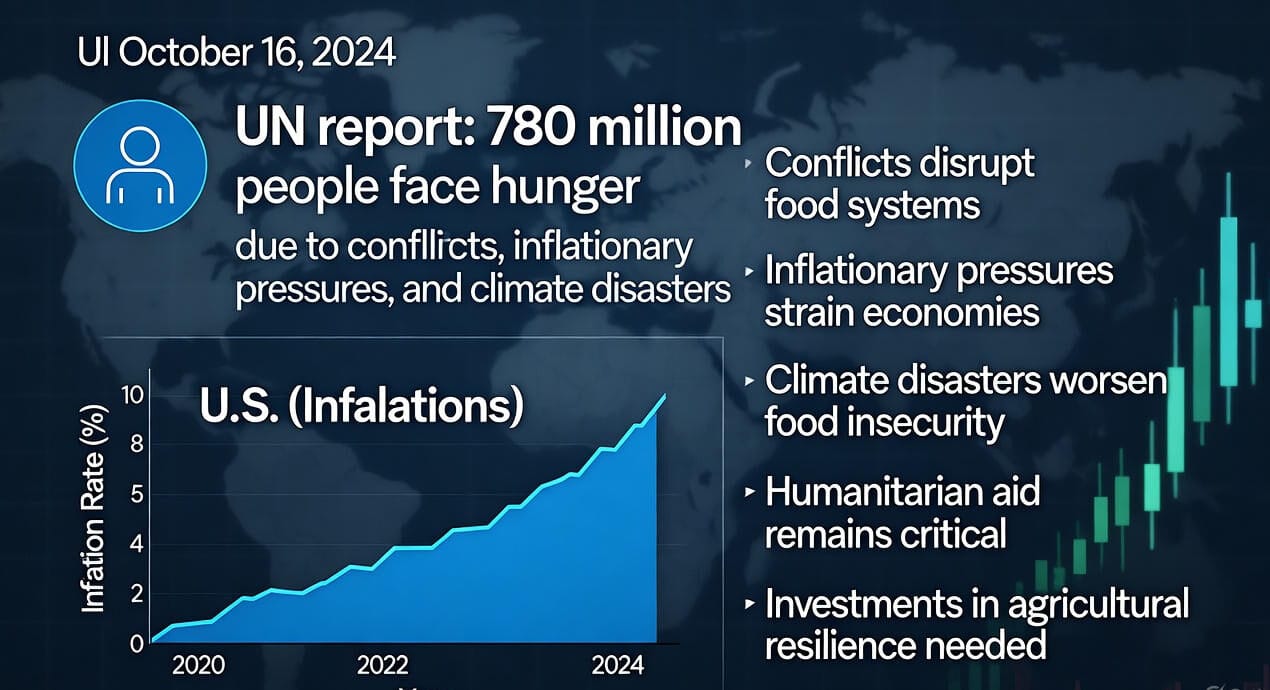
April 23, 2025 | By News flayer
The City of Brussels has communicated its conviction against technological behemoths such as Apple and Meta by slapping them with fines for transgressions of the European Union’s Digital Markets Act (DMA). The impositions, disclosed on Wednesday, refer to the initial enforcement activities carried out as part of the DMA. The regulation itself is considered monumental as it creates competition and sets an even playing field in the digital market. According to the information available, the fines have reached the level of millions of euros, thus marking the time of disputes and high tariffs that result from the regulatory action as a contemporary subject between the EU and the US on the international market.
The Violations: Apple’s App Store Rules and Meta’s Data Practices

The European Commission, which is the executive body of the EU, has completed investigations against companies, pointing out Dark Clouds that they have violated the DMA. When it came to Apple, the investigations were solely aimed at the App Store policies of their that is “anti-steering” rules, which disallow the developers from sending users to alternative payment options or offers outside the App Store. The same prohibitions were seen as a hurdle to the competition and a limiting factor to the consumers’ choice and, thus, were in strict violation of the DMA’s rule, according to which “gatekeepers” like Apple are supposed to let developers communicate freely with users on the question of outside offers.
Whereas Meta was in the spotlight due to the “pay or consent” model, which was launched in November 2023. Under this model, if people want Facebook and Instagram without advertisements, they will have to pay a monthly fee, while the second option is for users to allow to display of sponsored content based on their preferences. The Commission’s stance was that this type of choice is false, as it does not offer a real and open choice for the users who do not agree, thereby running against the DMA’s mission to stop gatekeepers from collecting too much personal information.
“The Commission is making it clear: there is no room for discussion on complying with the DMA,” stated EU Competition Commissioner Teresa Ribera. “The fines are imposed to ensure the creation of a level playing field in the digital markets of Europe for both the citizens and the businesses.”
Modest Amounts and Restrictions Still Amid Trade Tensions

The DMA allows for fines of up to 10% of a company’s global annual turnover (or 20% for repeat offenses), but the sources reveal that the penalties imposed on Apple and Meta are still quite low. These were more likely than not in the range of two to three-digit million euros. By taking the above approach, the EU is managing the give and take of enforcing its digital regulations while excluding fuels from the ongoing trade war with America.
Donald Trump, who was the President at that time, had some harsh words for the DMA; in his opinion, it was “a shakedown from overseas” on the American companies and he even went on to threaten that there could be dollar for dollar tariffs. The timing for the fines that were expected to come first was, in fact, a little behind the initial schedule and this was due to these trade negations. So it was the EU who was wisely trying to implement a safe approach to avoid agitation of the issue. There has been a story told about compliance. Guersent, the Director-General of the Commission’s competition directorate, said deliberately that containing the DMA in the realm of rule change is the task, not the penalty of breaking the corporate establishment.
Industry and Political Reactions
The fines have led to different responses. As per Apple’s stand, the words echoed, “Our strategy is in line with the DMA, and we will hence move forward in our dialogue with the Commission.” At the same time, Meta stated that their ways of approach are within industry norms and are not breaking any legal obligation. For example, according to a trustworthy source from Meta’s case, the same source that the US officials agreed with shared with Politico that the Commission is picking on Americans and turning a blind eye to Europeans and Chinese, which is not fair.
Some people in Europe are upset that such small penalties might weaken the DMA’s reputation. “The Commission must demonstrate its commitment to applying the law,” declared Stéphanie Yon-Courtin, a French parliamentarian from the Renew group. At the same time, Green MEP Anna Cavazzini took the view of being cautious to avoid the trade relationship with the U.S. from lowering the EU’s regulatory standards. “We must be patient in our dealings with the U.S., but this cannot be at the cost of our legal obligations,” she explained.
Broader Implications for Big Tech
The fines are part of a broader EU push to rein in the power of Big Tech “gatekeepers,” which include Apple, Meta, Alphabet, Amazon, Microsoft, and ByteDance. The DMA, fully effective since March 2024, mandates that these companies open their ecosystems to competitors and give users more control over their digital experiences. For instance, Apple has been forced to allow third-party app stores and permit users to change default browsers, though a separate investigation into its browser choice screen was closed after Apple made adjustments.
The EU’s actions also follow a €1.84 billion fine against Apple in March 2024 for anticompetitive App Store practices, prompted by a Spotify complaint. That penalty, combined with the latest DMA fines, underscores Apple’s ongoing regulatory challenges in Europe. Meta, too, has faced prior sanctions, including a €1.3 billion fine in 2023 for data privacy violations.
What’s Next?
The Commission has signaled that it will continue to monitor compliance, with the possibility of harsher penalties or structural remedies—like forcing companies to divest parts of their business—for persistent violations. Apple faces an ongoing probe into its new developer fees, while Meta’s data practices remain under scrutiny.
For consumers, the DMA promises greater choice and competition, but the fines’ modest size raises questions about whether they will deter future violations. As trade tensions simmer, the EU’s ability to enforce its digital laws without being drawn into a broader geopolitical conflict will be closely watched.








It’s amazing to see how Llama is breaking language barriers and making AI accessible globally. The fact that it supports Hindi, Spanish, and French is a game-changer for non-English speakers. Meta’s open-source approach is refreshing—it’s like they’re handing out keys to innovation for free. The community-driven vibe at LlamaCon is inspiring, and it’s exciting to think about the possibilities this could unlock. The multilingual focus could truly empower people in regions where English isn’t dominant, like rural India or Latin America. I’m curious, though, how do you think Llama’s integration with VR or the metaverse will play out? Could this be the start of a new era in tech collaboration?
Откройте для себя невероятные пейзажи Урала с нашими советами по подготовке к пешему походу.
Между прочим, если вас интересует Уникальные тайны и природа Курильских островов, загляните сюда.
Смотрите сами:
https://rustrail.ru/%d1%82%d0%b0%d0%b9%d0%bd%d1%8b-%d0%ba%d1%83%d1%80%d0%b8%d0%bb%d1%8c%d1%81%d0%ba%d0%b8%d1%85-%d0%be%d1%81%d1%82%d1%80%d0%be%d0%b2%d0%be%d0%b2/
Теперь, когда вы знаете, как подготовиться, вам останется лишь радоваться красотам Урала.
Если нужна более подробная инструкция, то она здесь:
Зацепил раздел про fjhg.ru.
Смотрите сами:
https://fjhg.ru
Что думаете по этому поводу?
Согласен с предыдущим оратором, и в дополнение хочу сказать:
По теме “musichunt.pro”, там просто кладезь информации.
Вот, можете почитать:
https://musichunt.pro
Буду следить за обсуждением.
Возможно, это будет полезно участникам обсуждения:
Между прочим, если вас интересует localflavors.ru, загляните сюда.
Вот, можете почитать:
https://localflavors.ru
Буду рад, если кому-то пригодится.
Полагаю, это снимет все дальнейшие вопросы:
Хочу выделить материал про clasifieds.ru.
Вот, делюсь ссылкой:
https://clasifieds.ru
Поделитесь своими мыслями в комментариях.
Уверен, эта информация будет для вас полезна:
Особенно понравился материал про reactive.su.
Вот, можете почитать:
https://reactive.su
Обращайтесь, если что.
Чтобы разобраться в вопросе, рекомендую ознакомиться:
Хочу выделить материал про spb-hotels.ru.
Вот, можете почитать:
https://spb-hotels.ru
Надеюсь, это было полезно.
Давайте вместе откроем секреты хранения экзотических плодов.
Особенно понравился материал про Уникальные виды чая и их влияние на здоровье.
Смотрите сами:
https://localflavors.ru/%d1%80%d0%b5%d0%b4%d0%ba%d0%b8%d0%b5-%d0%b2%d0%b8%d0%b4%d1%8b-%d1%87%d0%b0%d1%8f-%d0%b8-%d0%b8%d1%85-%d0%b2%d0%be%d0%b7%d0%b4%d0%b5%d0%b9%d1%81%d1%82%d0%b2%d0%b8%d0%b5-%d0%bd%d0%b0-%d0%b7%d0%b4%d0%be/
До новых встреч в мире экзотики!
Исчерпывающий ответ на данный вопрос находится тут:
Для тех, кто ищет информацию по теме “parkpodarkov.ru”, нашел много полезного.
Вот, можете почитать:
https://parkpodarkov.ru
Надеюсь, эта информация сэкономит вам время.
Интересные моменты марта на нашем портале ждут вашего внимания!
Между прочим, если вас интересует Популярные обсуждения на Mamas.Ru в марте, загляните сюда.
Ссылка ниже:
http://mamas.ru/
Большое спасибо за ваше внимание! Наверняка в следующем месяце будет еще больше интересного.
Давайте подведем итоги марта и посмотрим, какие темы стали самыми популярными.
Особенно понравился раздел про Популярные рецепты и кулинарные советы.
Смотрите сами:
http://mamas.ru/recepty.php
Оставайтесь на связи и не пропустите новые обсуждения на Mamas.Ru.
Мамочки, делимся новостями на Mamas.Ru. Какие темы вас особенно заинтересовали в марте?
Особенно понравился раздел про Популярные рецепты и кулинарные советы.
Вот, делюсь ссылкой:
http://mamas.ru/recepty.php
Надеюсь, вы нашли что-то полезное для себя. До следующего месяца!
Исчерпывающий ответ на данный вопрос находится тут:
Для тех, кто ищет информацию по теме “eqa.ru”, есть отличная статья.
Вот, делюсь ссылкой:
https://eqa.ru
Успехов в решении вашего вопроса!
Вот здесь можно найти больше примеров:
Кстати, если вас интересует mersobratva.ru, загляните сюда.
Вот, можете почитать:
https://mersobratva.ru
Успехов в решении вашего вопроса!
Кстати, вот что я думаю по этому поводу:
Зацепил раздел про raregreen.ru.
Вот, можете почитать:
https://raregreen.ru
Надеюсь, у вас все получится.
Наткнулся на полезную статью, думаю, вам тоже пригодится:
Зацепил материал про m-admin.ru.
Вот, можете почитать:
https://m-admin.ru
Надеюсь, это было полезно.
Полагаю, это снимет все дальнейшие вопросы:
Между прочим, если вас интересует yogapulse.ru, загляните сюда.
Ссылка ниже:
https://yogapulse.ru
Спасибо за внимание.
Чтобы было понятнее, о чем речь:
Кстати, если вас интересует eqa.ru, загляните сюда.
Вот, делюсь ссылкой:
https://eqa.ru
Жду ваших комментариев.
Полностью поддерживаю, и вот еще одно подтверждение:
По теме “qazar.ru”, нашел много полезного.
Ссылка ниже:
https://qazar.ru
Всем спасибо, и до новых встреч!
Если кому интересно, вот более детальная информация:
Зацепил материал про anclaves.ru.
Вот, делюсь ссылкой:
https://anclaves.ru
Спасибо, что дочитали до конца.
Чтобы не быть голословным, прикрепляю ссылку:
Зацепил раздел про fixora.ru.
Вот, делюсь ссылкой:
https://fixora.ru
Поделитесь своими мыслями в комментариях.
На мой взгляд, лучшее решение этой проблемы здесь:
По теме “classifields.ru”, нашел много полезного.
Вот, делюсь ссылкой:
https://classifields.ru
Уверен, вместе мы найдем решение.
Вот, что говорят эксперты по этому поводу:
Особенно понравился раздел про avelonbeta.ru.
Вот, можете почитать:
https://avelonbeta.ru
Всем удачи и хорошего дня!
ремонт кофемашины филипс ремонт кофемашин melitta
мастер по ремонту швейных машин ремонт швейных машин чайка
войти в 1с через облако 1с облако подключить
Полагаю, это снимет все дальнейшие вопросы:
Кстати, если вас интересует m-admin.ru, посмотрите сюда.
Ссылка ниже:
https://m-admin.ru
Интересно было бы узнать ваше мнение.
Исчерпывающий ответ на данный вопрос находится тут:
Кстати, если вас интересует fixora.ru, посмотрите сюда.
Вот, можете почитать:
https://fixora.ru
Какие еще есть варианты?
Вот здесь подробно расписано, как это сделать:
Особенно понравился раздел про localflavors.ru.
Смотрите сами:
https://localflavors.ru
Поделитесь своими мыслями в комментариях.
Для тех, кто в теме, будет очень актуально:
По теме “avelonbeta.ru”, есть отличная статья.
Вот, можете почитать:
https://avelonbeta.ru
Интересно было бы узнать ваше мнение.
Если кому интересно, вот более детальная информация:
Особенно понравился раздел про tars-rubber.ru.
Смотрите сами:
https://tars-rubber.ru
Жду конструктивной критики.
Чтобы не быть голословным, прикрепляю ссылку:
Особенно понравился раздел про buytime.ru.
Смотрите сами:
[url=https://buytime.ru]https://buytime.ru[/url]
Надеюсь, смог помочь.
Чтобы разобраться в вопросе, рекомендую ознакомиться:
Для тех, кто ищет информацию по теме “rustrail.ru”, там просто кладезь информации.
Вот, делюсь ссылкой:
https://rustrail.ru
Спасибо, что дочитали до конца.
Посмотрите, что я нашел по этому поводу:
По теме “avelonbeta.ru”, там просто кладезь информации.
Смотрите сами:
https://avelonbeta.ru
Чем мог, тем помог.
Посмотрите, что я нашел по этому поводу:
Для тех, кто ищет информацию по теме “fjhg.ru”, нашел много полезного.
Смотрите сами:
https://fjhg.ru
Если у вас есть что добавить, не стесняйтесь.
Полагаю, это снимет все дальнейшие вопросы:
Между прочим, если вас интересует eqa.ru, посмотрите сюда.
Смотрите сами:
https://eqa.ru
Пишите, что у вас получилось.
На мой взгляд, лучшее решение этой проблемы здесь:
Кстати, если вас интересует seatours.ru, загляните сюда.
Смотрите сами:
https://seatours.ru
Надеюсь, эта информация сэкономит вам время.
I think that everything published made a bunch of sense. However, think on this, what if you were to write a awesome post title? I mean, I don’t want to tell you how to run your blog, however suppose you added something that grabbed a person’s attention? I mean %BLOG_TITLE% is a little plain. You could peek at Yahoo’s home page and see how they write article titles to grab viewers interested. You might try adding a video or a related pic or two to get people excited about what you’ve written. Just my opinion, it would make your posts a little bit more interesting.
Town car near me
Для тех, кто в теме, будет очень актуально:
Между прочим, если вас интересует easyterm.ru, посмотрите сюда.
Вот, делюсь ссылкой:
https://easyterm.ru
Спасибо за внимание.
swot анализ вопросы swot анализ позволяет
Looking for second-hand? thrift near me We have collected the best stores with clothes, shoes and accessories. Large selection, unique finds, brands at low prices. Convenient catalog and up-to-date contacts.
Включение в реестр Минпромторга https://minprom-info.ru официальный путь для подтверждения отечественного производства. Подготовка и подача документов, юридическое сопровождение и консультации для производителей.
Занятия по самообороне https://safety-skills.ru практические навыки защиты в реальных ситуациях, развитие силы и выносливости. Профессиональные тренеры помогут освоить приемы борьбы, удары и тактику безопасности.
Платформа онлайн-обучения https://craftsmm.ru курсы по маркетингу, продажам и рекламе для новичков и профессионалов. Освойте современные инструменты продвижения, увеличьте продажи и развивайте карьеру в удобном формате.
Написание дипломов на заказ https://vasdiplom.ru помощь студентам в подготовке итоговых работ. Авторские тексты, проверка на уникальность и полное соответствие стандартам учебных заведений.